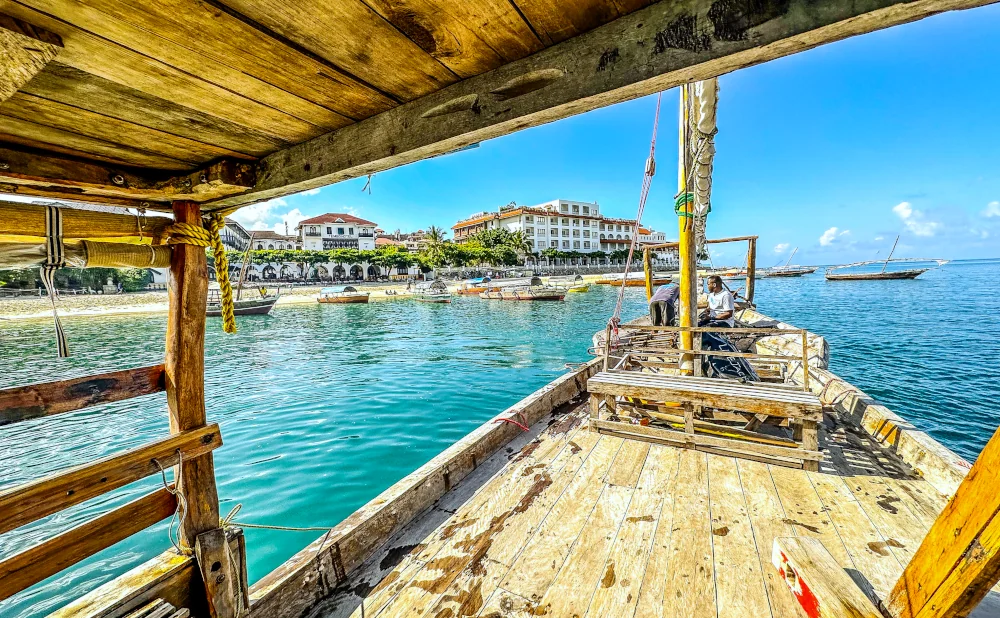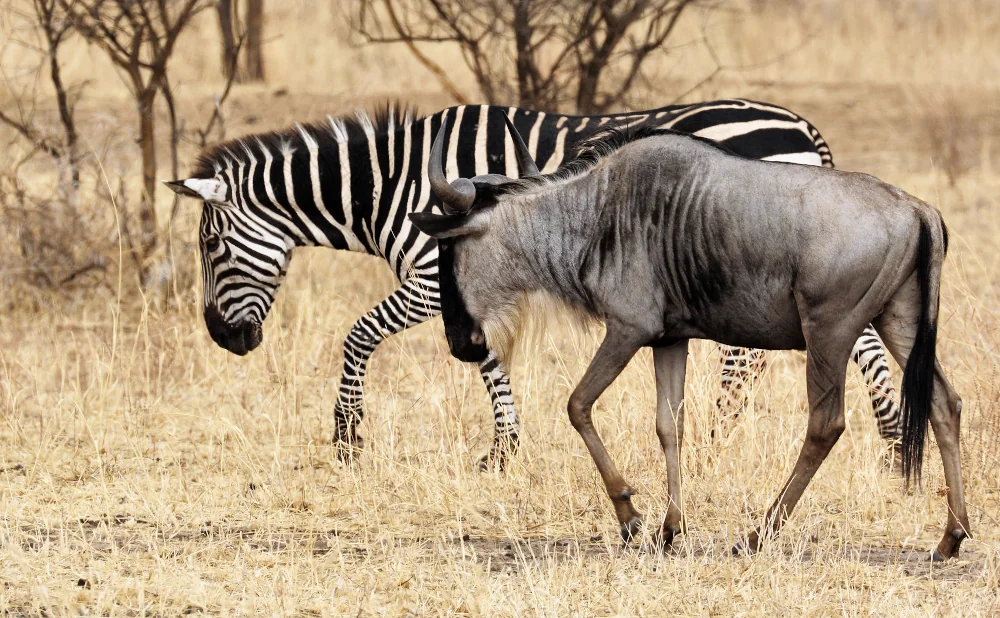Exploring the Rich Languages of Tanzania
Tanzania, a country in East Africa, is a linguistic treasure trove. With over 120 languages spoken, it's a testament to the nation's rich cultural diversity.
Swahili, or Kiswahili, is the national language. It's a Bantu language with influences from several other languages, reflecting Tanzania's vibrant history. English is also an official language, used in higher education and business.
This article delves into the linguistic landscape of Tanzania. We'll explore key Swahili phrases, other significant languages, and the cultural significance of language in Tanzania.
Whether you're a traveler, language enthusiast, or cultural explorer, join us in exploring the rich languages of Tanzania.
The National Language: Swahili
Swahili, also known as Kiswahili, is the national language of Tanzania. It's a Bantu language with a rich blend of influences from Arabic, Persian, German, Portuguese, English, and French.
This linguistic fusion reflects Tanzania's history, including colonial influences and trade routes. Swahili is not just a language in Tanzania, it's a symbol of national unity and communication.
Swahili Phrases for Travelers
If you're planning a trip to Tanzania, knowing a few Swahili phrases can enhance your experience. It's a way to connect with locals and immerse yourself in the culture.
Here are some key phrases:
"Jambo" - Hello
"Asante" - Thank you
"Hakuna Matata" - No worries
"Karibu" - Welcome
"Tafadhali" - Please
"Samahani" - Excuse me
These phrases are a good starting point for any traveler to Tanzania.
Other Official Language: English
English is another official language in Tanzania. It's primarily used in higher education, courts, and business settings.
Despite its official status, English is not as widely spoken as Swahili. However, it's still a useful language for international visitors to know when traveling in Tanzania.
Tanzania Linguistic Diversity
Tanzania is a linguistic treasure trove with over 120 languages spoken. This diversity reflects the country's rich cultural heritage and complex history.
Multilingualism is common among Tanzanians. Many speak their ethnic language, Swahili, and sometimes English, showcasing the country's linguistic versatility.
Notable Tanzanian Languages and Dialects
Beyond Swahili and English, Tanzania is home to several other significant languages. The Hadza and Sandawe languages, for instance, are known for their unique click consonants.
Other major languages include the Maasai, Sukuma, Chagga, and Haya languages. Each of these contributes to the vibrant linguistic tapestry of Tanzania.
The Cultural Significance of Language in Tanzania
In Tanzania, language is more than a communication tool. It's a reflection of the country's history, including colonial influences and trade routes.
Language also plays a key role in cultural identity. It's a way for Tanzanians to express their unique cultural heritage and foster national unity.
Language and Identity
The languages spoken in Tanzania are deeply tied to the identities of its people. For instance, the Maasai language is a crucial part of the Maasai people's cultural identity.
Similarly, Swahili, as the national language, is a symbol of Tanzanian unity. It's a common thread that weaves together the country's diverse ethnic groups.
Challenge in Preserving Tanzania's Language Heritage
Preserving the rich linguistic diversity of Tanzania is not without challenges. Globalization and the influence of technology and media are impacting the use of local languages.
Yet, efforts are ongoing to maintain this diverse linguistic heritage. This includes language preservation initiatives and the promotion of local languages.
The Role of Education and Policy
Education plays a significant role in language preservation. In Tanzania, Swahili is taught in schools, promoting national unity and communication.
Government policies also support language preservation. The Tanzanian government promotes Swahili as a means of fostering national cohesion, reflecting a shift in language policy over time.
In conclusion, the rich languages of Tanzania reflect its diverse cultural heritage and history. Understanding these languages, especially Swahili, can greatly enhance one's experience in Tanzania. Despite challenges, efforts continue to preserve and promote this linguistic diversity for future generations











